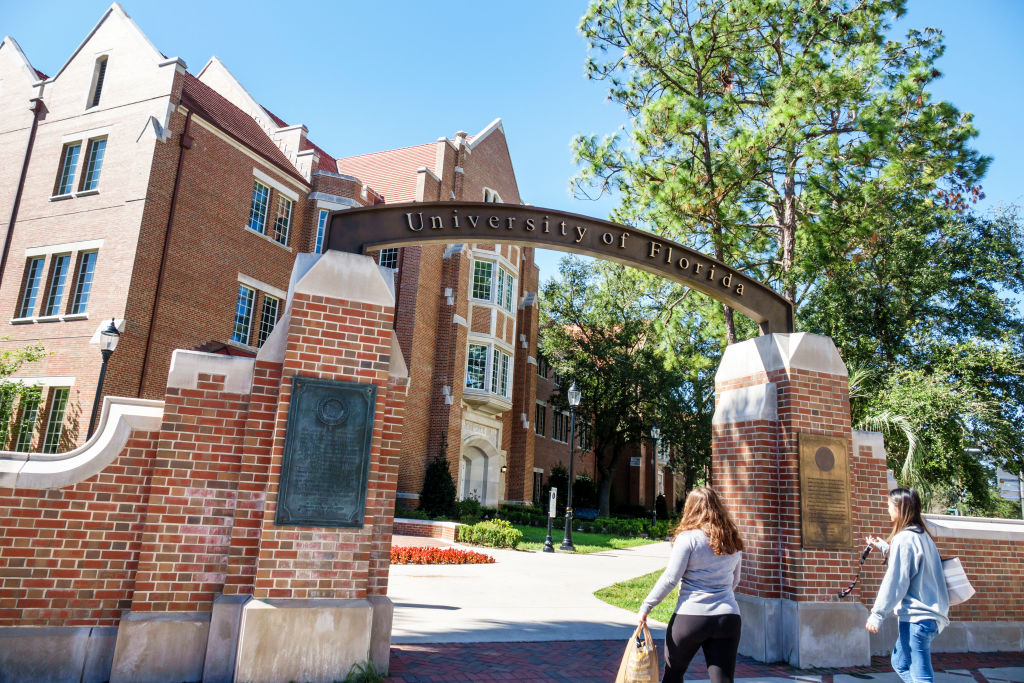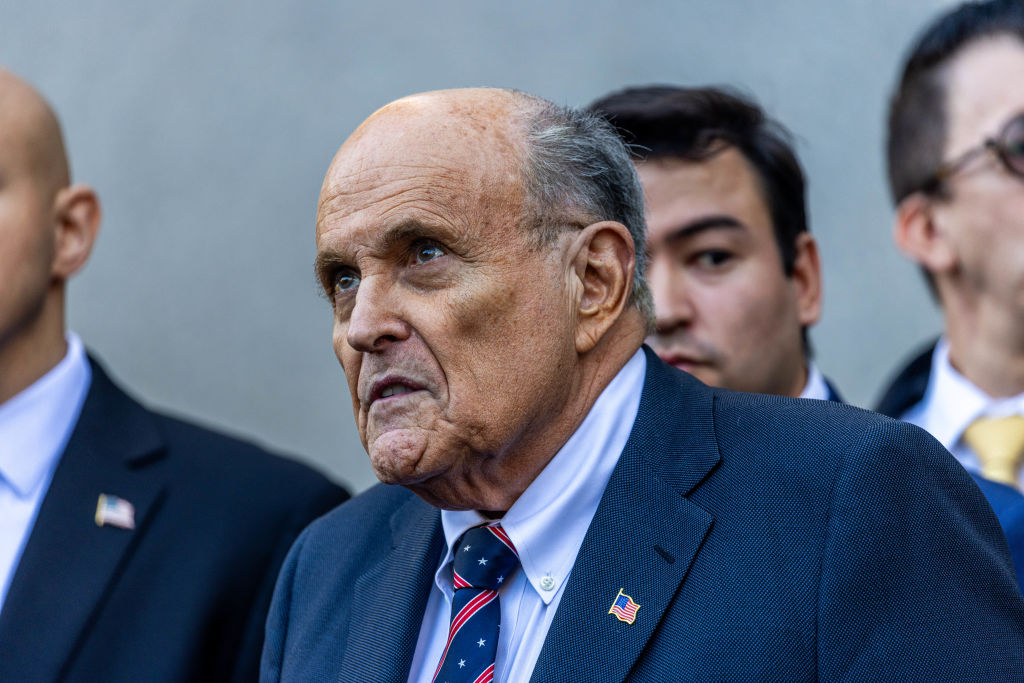University Of Florida Won't Let Professors Testify In Voting Rights Lawsuit
University Of Florida Is Blocking Three Professors From Testifying In A Voting Rights Lawsuit Against The State

Source: Jeff Greenberg / Getty
Three professors at the University of Florida are being denied the right to testify in their professional capacity in a lawsuit challenging the voter suppression law passed by Florida earlier this year. Professor Michael McDonald, Sharon Austin, and Dan Smith retained legal counsel and will pursue litigation challenging the school’s decision.
A spokesperson for the university told the New York Times this was a matter of prohibiting employees from taking outside paid work and not freedom of speech.
But in a tweet, McDonald shared a screenshot of the original denial given by the university, claiming the testimony is a “conflict of interest” for the institution. He said the payment issue for outside work only came up as a part of the university’s attempt to save face.
“As UF is a state actor, litigation against the state is adverse to UF’s interests,” the determination read.
The Associated Press reported that Smith received a similar email claiming, “outside activities that may pose a conflict of interest to the executive branch of the State of Florida create a conflict for the University of Florida.”
Claiming that efforts to uphold the constitutionally protected rights of state residents are opposed to the university’s interests is a weird flex. The subtext seems that the university’s interests and values need to align with Gov. Ron DeSantis and the Republican majority in the statehouse.
The New York Times coverage points out how the university’s current course of action differs from prior lawsuits against the state. Smith previously testified in two voting rights lawsuits involving the state in 2018.
While the University of Florida put out a statement claiming to support its faculty’s free speech and academic freedom, its recent actions suggest otherwise. The policy change raises concerns that DeSantis or a member of his administration may have unduly influenced the university’s decision-making.
Claire Finkelstein, a law professor and faculty director of the Center for Ethics and the Rule of Law at the University of Pennsylvania, tweeted that the University of Florida’s claim that the testimony would be improper outside wouldn’t hold up in court.
“The right of faculty to testify regarding matters of democracy is a part of their first amendment rights as well as their academic freedom,” Finkelstein tweeted. “The ‘full-time employee’ rationale for this prohibition is a transparent excuse that will not stand up in court.”
See Also:
Georgia Voter Suppression Law 2.0: Florida Election Bill Expands Restrictions, And Then Some
Like Georgia, Florida Legislature Passes Election Law Influenced By Trump’s Big Lie
















